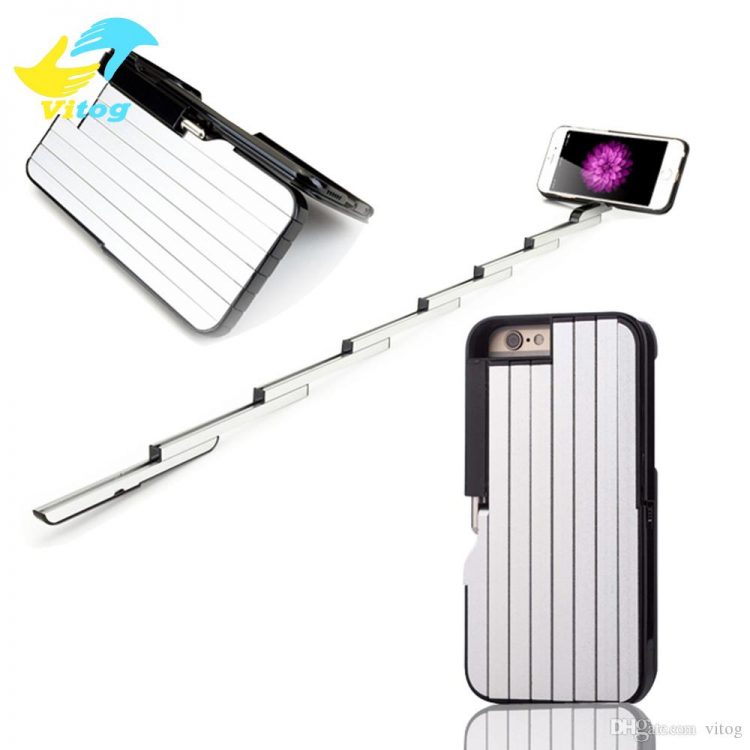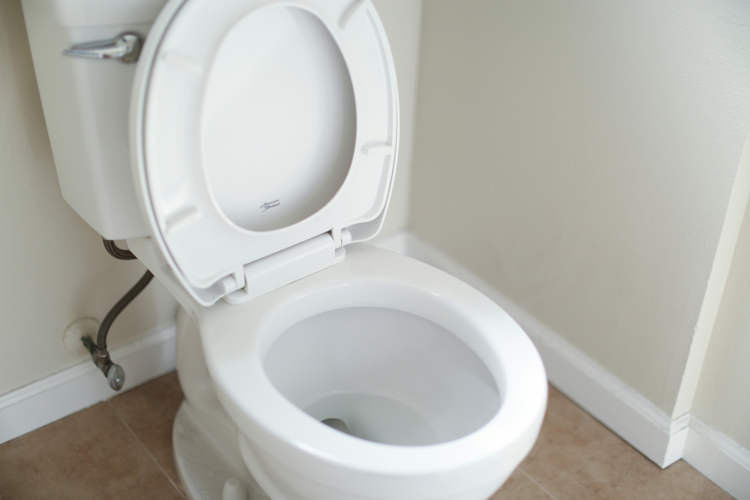An Israeli entrepreneur who has spent a year designing a product that would make him rich, saw his dreams collapse after putting his product on Kickstarer to raise some extra production funding. Just seven days after the start of the crowdfunding campaign, copycats were already available on Chinese online stores like Alibaba.
With the popularity of selfies growing to epic proportions in the last few years, Yekutiel Sherman felt the infectious trend provided a lucrative business opportunity, so a couple of years ago he started working on an alternative to the common selfie stick. By December 2015, he had created prototypes of his innovative Stickbox – a smartphone case that doubled as a selfie stick – secured some funds from his family and even shot a promotional video of two lovers using the Stickbox to get a selfie with the Eiffel Tower. Everything was going according to plan, but that was until he launched a Kickstarter crowdfunding campaign for $40,000.
Just one week after starting the Kickstarter campaign, exact replicas of the Stickbox had appeared on Chinese e-commerce giants like Alibaba, at a fraction of the price set by Sherman. It turns out that even before he had had a chance to look for a factory to mass-produce his product, Chinese manufacturers had stolen his idea from Kickstarter and replicated it in record time. He had become a victim of China’s lightning-fast copycats, and there wasn’t much he could do about it at this point.

When word got out that Sherman’s product was already available in China, for only $8.18 plus shipping, compared to the $47.41 price tag of the original Stickbox, Kickstarter backers got pretty angry:
“Creator’s last update and comment was nothing but a hopeless excuse. Undoubtedly this is a scam project. We all got deceived. Take a deep breath and let go. I pray for the death of this project. And for the deceased creator. If they’re not yet, my pray is hope they will soon,” one person wrote.
“Are you kidding me? We need the product now. You’re going to have your own lawsuit on your hands if you don’t start producing the products we’ve all paid for. Stop worrying about other companies and distribute your product. You’re company’s barely into its first year and you’re already running it into the ground. I’m sorry that I ever put my faith in this company to begin with, but by the looks of things it won’t be around much longer,” another angry backer posted on the crowdfunding site.
And the list of angry, threatening comments goes on. But his campaign had gone viral early on and he was able to surpass his $40,000 goal by $3,000, despite all the controversy. Still, having to compete with much cheaper copycats, and people telling his things like “you are charging double the price for what the copycats are charging, yet I seriously doubt the final product will be any better than the copycats,” was a tough spot to be in.
There wasn’t much he could do about it, except track down the offending manufacturers and threaten them with legal action if they didn’t withdraw their products. It turned out to be a monumental task, as most of them didn’t even post contact information on e-commerce sites, opting instead to merely mention companies who represent them. Although he hasn’t pursued legal action yet, Sherman claims he spends 20% of his time looking for Chinese companies copying his design. If it was just one, that would have been fine, but good ideas spread like wildfire among copycat artists, and the Stickbox was no exception.
While Sherman scrambles to deliver the original Stickbox to his Kickstarter backers, he knows that they are probably thinking about buying a knockoff instead of waiting on him. He estimates that the ultra-fast theft cost him hundreds of thousands of dollars, but he still has the strength to joke about the whole thing. “There are other selfie stick cases but we are the only ones that have been copied. So it shows that our product is worth being copied,” he said. “The quote that comes to mind is, ‘Imitation is the sincerest form of flattery.’”
Source: Quartz













